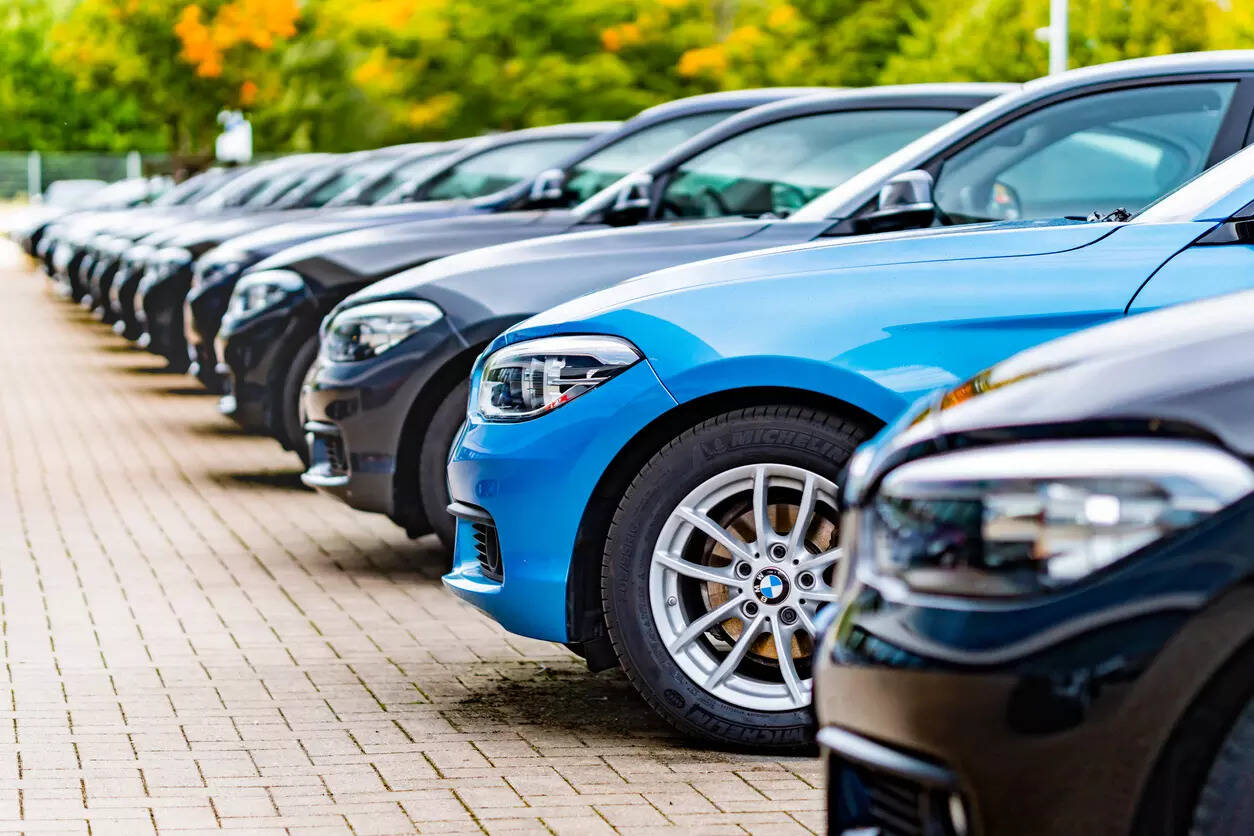
The head of Germany’s VDA auto association said on Wednesday it was important the U.S. Inflation Reduction Act (IRA) does not lead to a “spiral of protectionism” and praised Economy Minister Robert Habeck for championing closer transatlantic relations.
“It is important to prevent U.S. support practises resulting in copycat responses and counter-reactions e.g. from the EU, which could lead to an overall spiral of protectionism,” VDA President Hildegard Mueller said in a statement.
Habeck said on Tuesday he sensed great willingness on Washington’s part to engage with Europe’s concerns about the U.S. IRA but didn’t provide details.
The European Council will meet on Thursday and Friday to discuss how the region should respond to the Act.
Habeck said there was a chance that de facto free-trade status could be reached in the area of critical minerals via a regulatory framework that would help the two regions reduce dependence on China, which owns most of the market.
Still, nothing was said on the issue of subsidies provided to cars assembled in the United States, which the VDA deemed unfair and disadavantageous towards consumers seeking a wider range of options of electric vehicles (EVs).
Cars used for leasing purposes, which make up a large proportion of EU-produced vehicles exported to the U.S., will still qualify, but privately sold cars would not.
Cars assembled in North America were already at an advantage via the USMCA passed under the Trump administration, which gives tax-free status to vehicles with 75% regional content, the association said.
Still, with transport and logistics costs rising, German carmakers are already moving to localise production of EVs in the United States, from Volkswagen’s ID.4 built in Chattanooga, Tenessee to the Mercedes EQS SUV and EQE SUV in Tuscaloosa, Alabama.
BMW plans to produce at least six fully electric models in its plant in Spartanburg, North Carolina by 2030.
Also Read:
